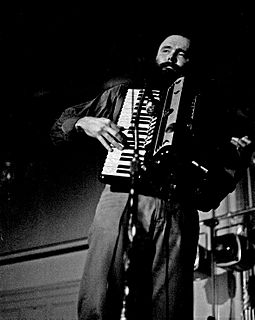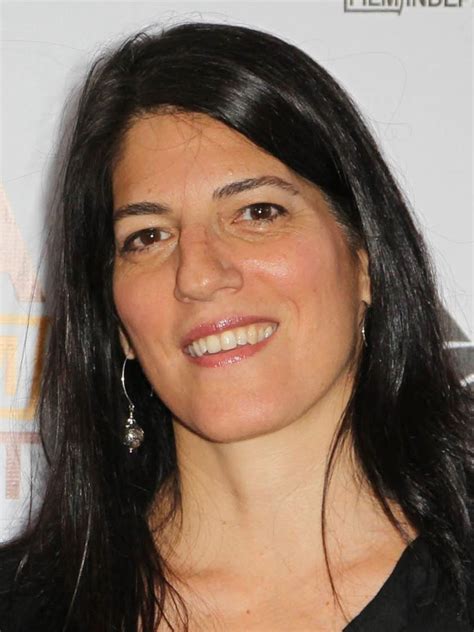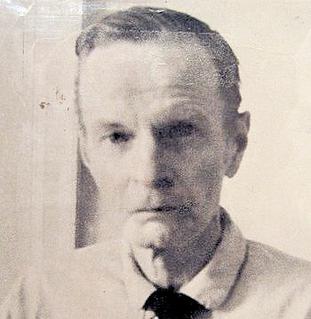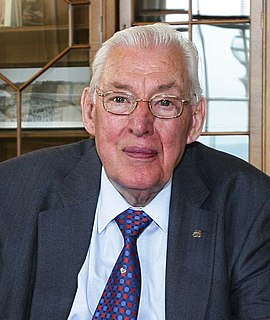A Quote by Julia Cameron
The creative process is a process of surrender, not control.
Quote Topics
Related Quotes
The creative process is just a process and you can't really separate it from life. Growing your hair is a creative process. Your body is creating hair. Being alive is a creative process. Whether it's growing something in the garden or growing a song, the material accumulates. It's the process of being alive; it's the passage of time. Things change.
Well, it's not all the same, but there are a lot of parallels. I'm not sure how to answer [on psychology background], but I think when I was studying psychology I had a professor and a friend who would talk about "process" all the time. Your process, his process, the group's process. There's some carryover from that discussion to my creative work.
Buddha has said to his disciples: Whenever you meditate, after each meditation, surrender all that you have earned out of meditation, surrender it to the universe. If you are blissful, pour it back into the universe - don't carry it as a treasure. If you are feeling very happy, share it immediately - don't become attached to it, otherwise your meditation itself will become a new process of the self. And the ultimate meditation is not a process of self. The ultimate meditation is a process of getting more and more into un-self, into non-self - it is a disappearance of the self.
The preliminaries were out of the way, the creative process was about to begin. The creative process, that mystic life force, that splurge out of which has come the Venus de Milo, the Mona Lisa, the Fantasie Impromptu, the Bayeux tapestries, Romeo and Juliet, the windows of Chartres Cathedral, Paradise Lost - and a pulp murder story by Dan Moody. The process is the same in all; if the results are a little uneven, that doesn't invalidate the basic similarity of origin.
The trouble with audition process is, when you're an unemployed actor, it's the only time you get to act, and it can be quite fun. If you feel in control of the material and you feel that the people are pleased to see you and are excited by you auditioning for them, it can be a really rewarding process. But it can also be a very humiliating process.




































